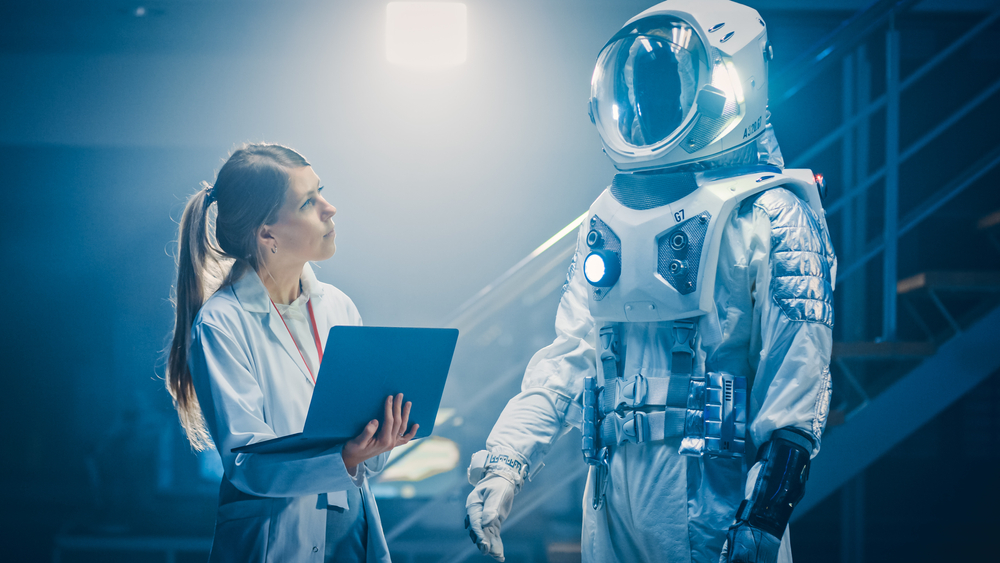Spending Time in Space Slows Down Astronauts’ Thinking
Posted on Categories Discover Magazine

Floating in space can slow you down — not just physically, but mentally as well.
Scientists studied how 25 astronauts who lived an average of six month on the International Space Station (ISS) performed on a number of cognitive tests. The astronauts completed the activities slower, but no less accurately than they would have on Earth. And once back home, they could complete the same jobs as well, but faster, according to a report in Frontiers in Physiology.
“We show that there is no evidence of any significant cognitive impairment or neurodegenerative decline in astronauts spending six months on the ISS,” Sheena Dev, one of the study’s authors and a researcher at NASA’s Behavioral Health and Performance Laboratory said in a press release. “Living and working in space was not associated with widespread cognitive impairment that would be suggestive of significant brain damage.”
Testing Space Effects
Spending time in space takes a toll on an astronaut. Radiation, altered gravity, sleep loss, and stressful working conditions all impact function. Losing abilities while in space could be potentially devastating because even minor mistakes on a mission could have massive consequences.
For the study, researchers tested astronauts once before the mission, twice during stays averaging 6 months, and once after the astronauts returned to Earth. Testing included a tool called The Cognition Battery, which is a set of computerized tests to evaluate high-performing individuals.
The battery has 10 components — including memorizing and later selecting 3-D figures, clicking on increasingly smaller squares, and recognizing emotions from faces. Many of the tasks involve pattern matching or ordering objects in a correct sequence. The participants were measured for both speed and accuracy.
Read More: Space Travel Involves Extreme Isolation, So How Do Astronauts Cope?
Stress Is Stress
The astronauts performed as accurately in space as they did on Earth — but somewhat slower. And changes in speed differed for different tasks at varied times during the mission.
“Slowed performance on attention, for example, was only observed early during the mission while slowed performance on processing speed did not return to baseline levels until after the mission ended and crew were back on Earth,” Dev said in a press release.
The study also showed that some factors that could slow performance on Earth — like stress or lack of sleep — also apply in space. But there are some stressors that are unique to space, according to the study.
The results will be useful in longer missions — perhaps to Mars. Similar tests could be used to predict astronauts’ performance over time, as well as monitor them for signs of performance drop-off.
Read More: Why and How Do Astronauts Get Sick in Space?
Article Sources
Our writers at Discovermagazine.com use peer-reviewed studies and high-quality sources for our articles, and our editors review for scientific accuracy and editorial standards. Review the sources used below for this article:
Before joining Discover Magazine, Paul spent over 20 years as a science journalist, specializing in U.S. life science policy and global scientific career issues. He began his career in newspapers, but switched to scientific magazines. His work has appeared in publications including Science News, Science, Nature, and Scientific American.